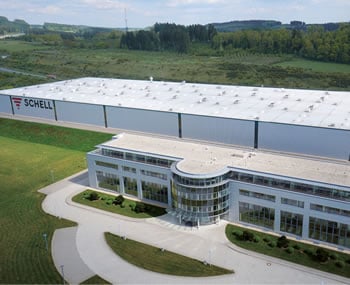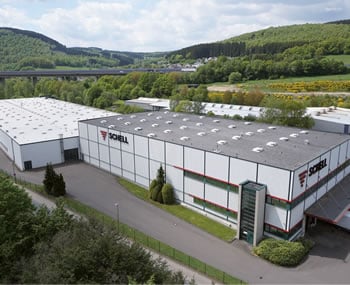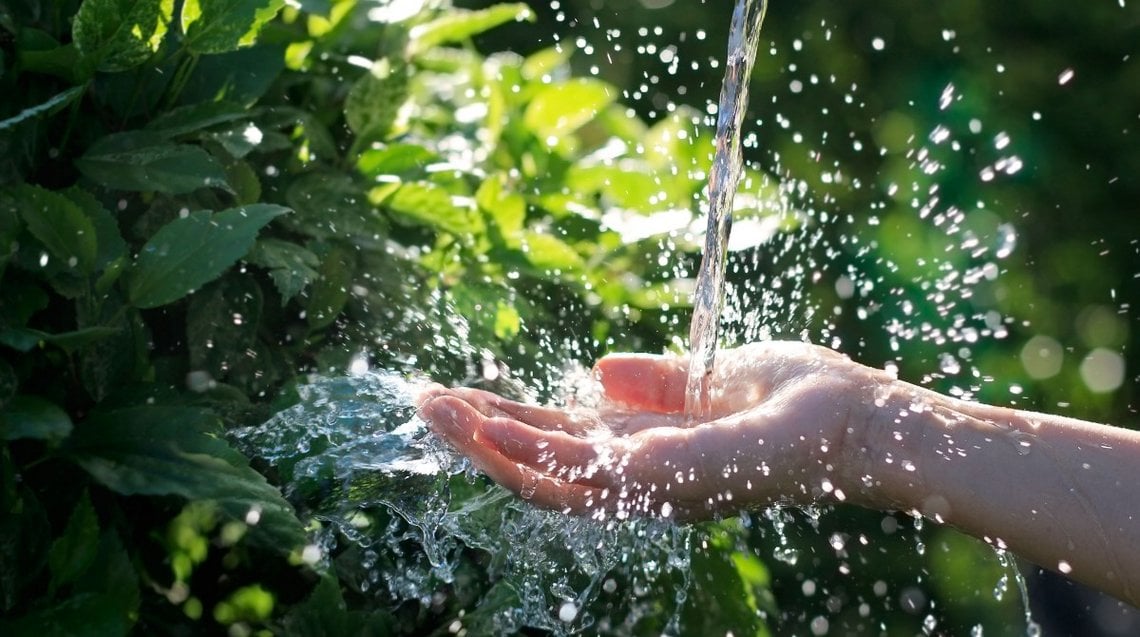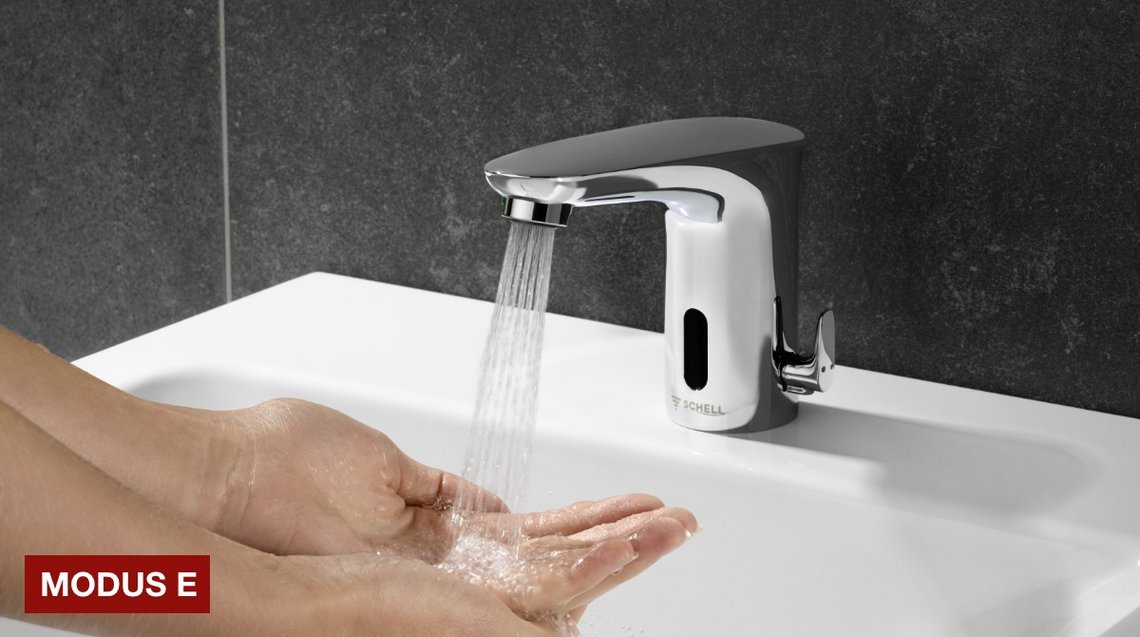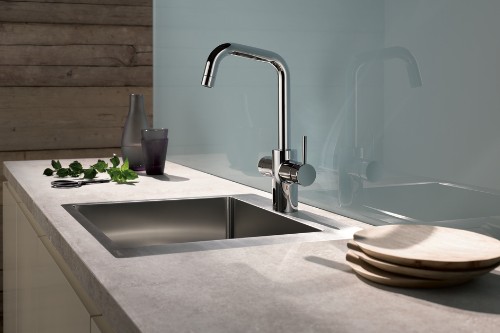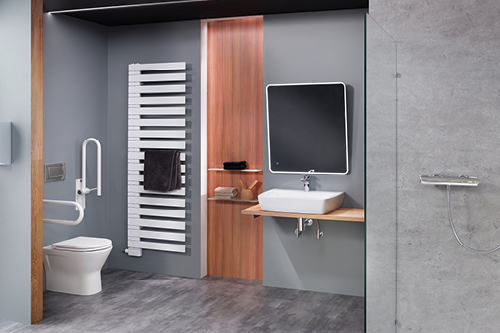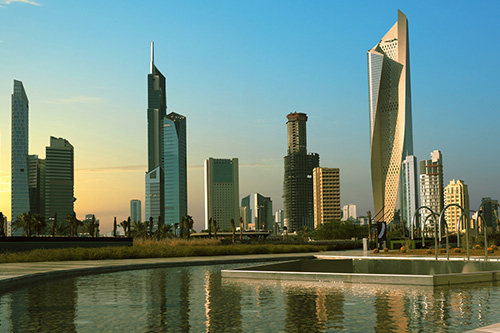SCHELL solutions: a convenient way to save water and energy
For decades, SCHELL has been developing solutions that make it easier to save water, especially in sanitary facilities on public and commercial premises, where consumption levels can quickly add up.
Here are a few examples:
Reduce the flow volume – barely noticeable but very effective
Flow restrictors from SCHELL reduce water consumption at the wash basin from about 5 litres to 3.8 litres a minute, without users even noticing the difference. A quick and easy option for anyone who wants to save water every time they wash their hands. Flow restrictors are also a very simple retrofit to any tap. In addition, SCHELL offers specialised LEED flow restrictors for LEED building certification.
WC cisterns with a dual flush – like the MONTUS WC modules from SCHELL – also help to reduce water consumption. WC operating panels with a single flush, such as the EDITION WC operating panel, can reduce individual flush volumes to as little as 4.5 litres per minute.
Contactless sensor fittings
With fittings like the MODUS E, water only flows when hands are directly underneath – the ideal option for washrooms in frequent use. Water and energy savings of up to 70 percent are possible, compared with standard single-lever mixers.
By way of example... Normal hand washing can easily use about 3.75 litres of water. With a sensor tap, this drops to only about 1.25 litres – more than 9,000 litres saved per person, per year.
Economical, user-friendly showers
The SCHELL MODUS MD-T shower fitting with thermostatic temperature control heats the water to the required temperature more quickly, which ensures less water drains away unused. Less waiting, less waste.

![[Translate to English:] [Translate to English:]](/fileadmin/_processed_/1/b/csm_symstemloesungen_e2_thumb_6bca267f26.jpg)
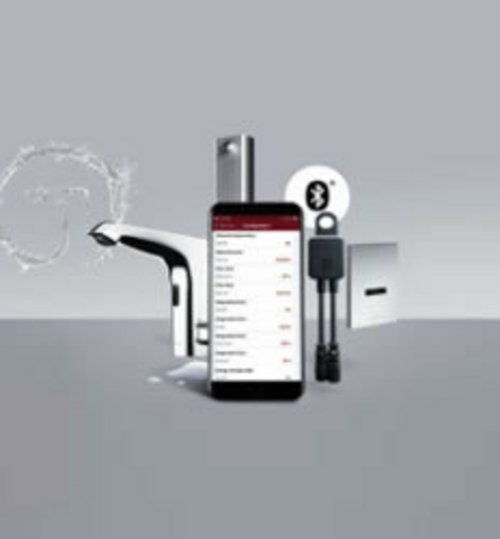
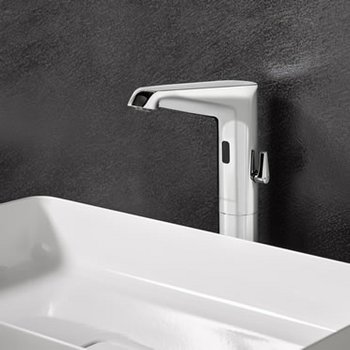
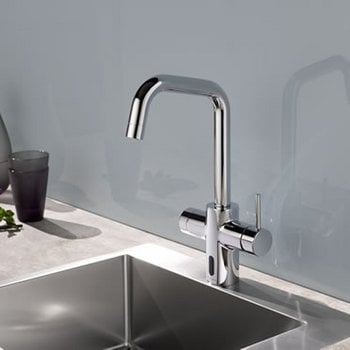
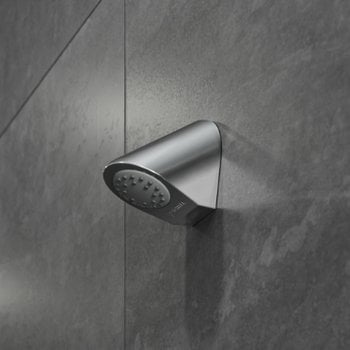
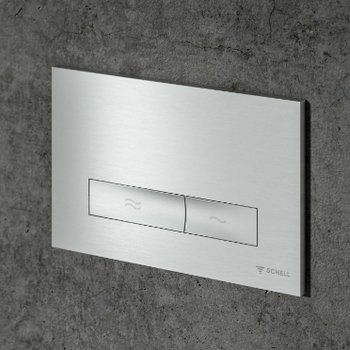
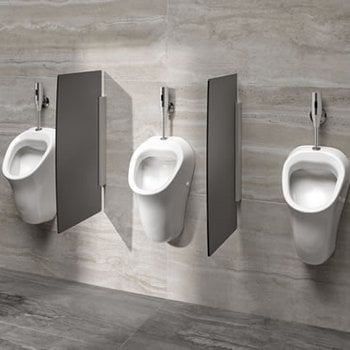
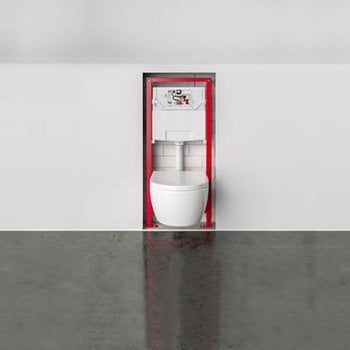
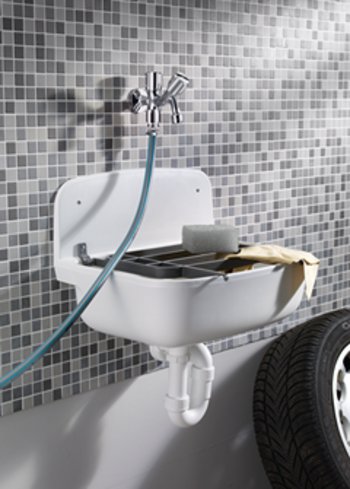
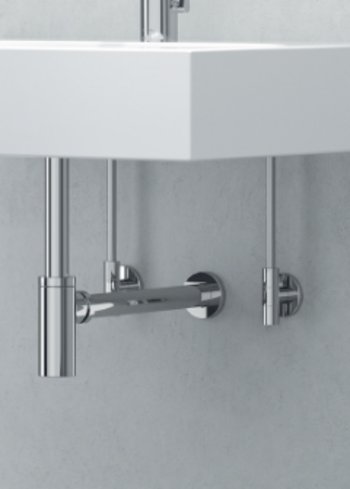
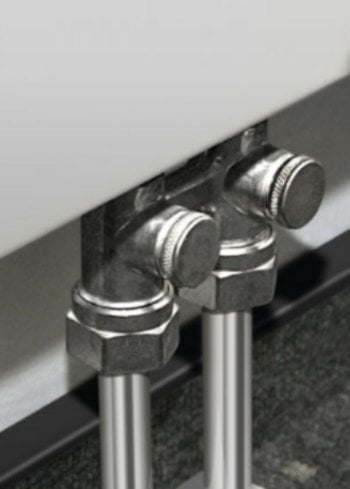
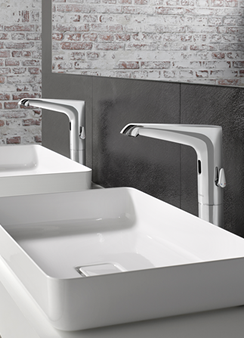
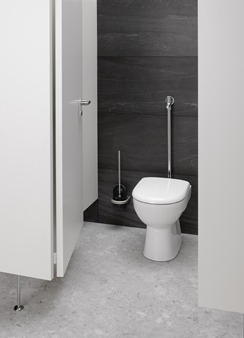
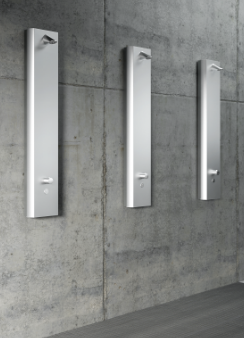

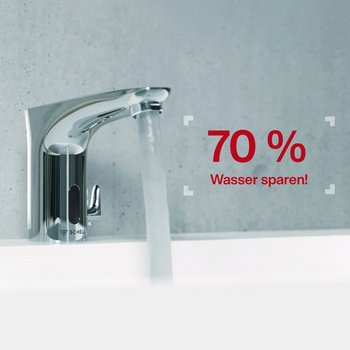
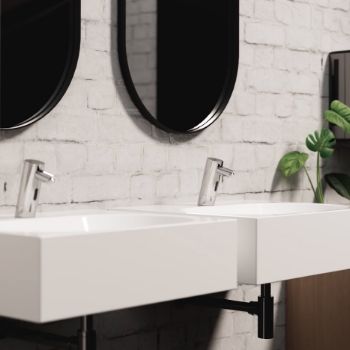
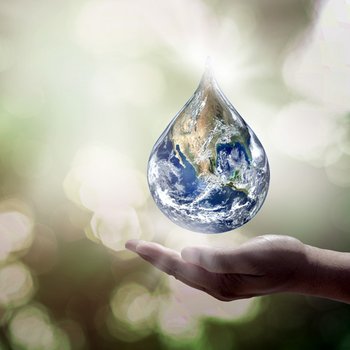
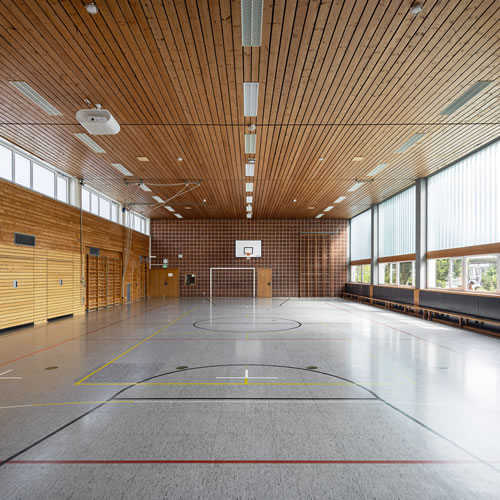
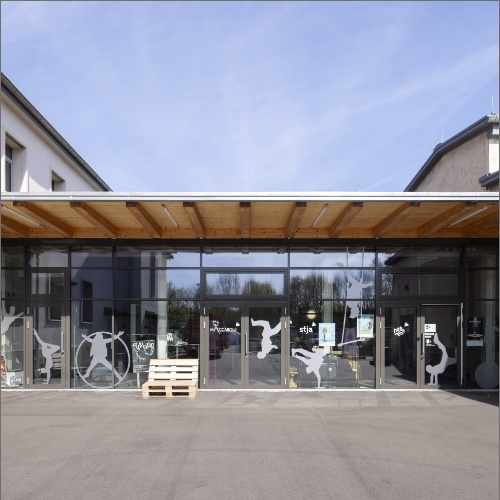
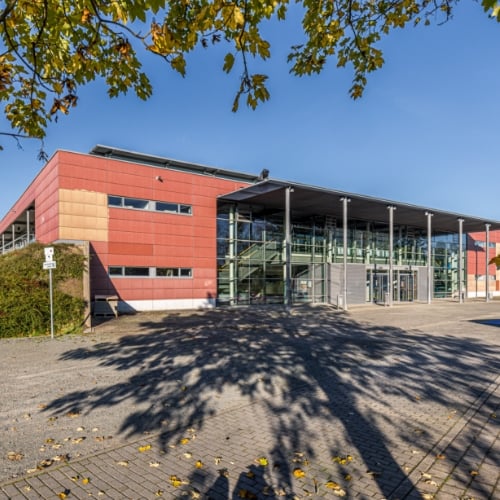
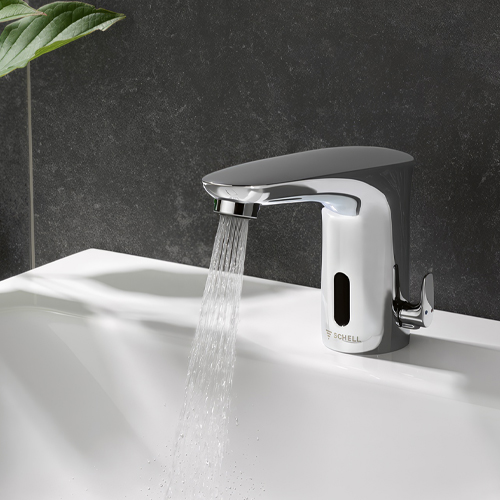
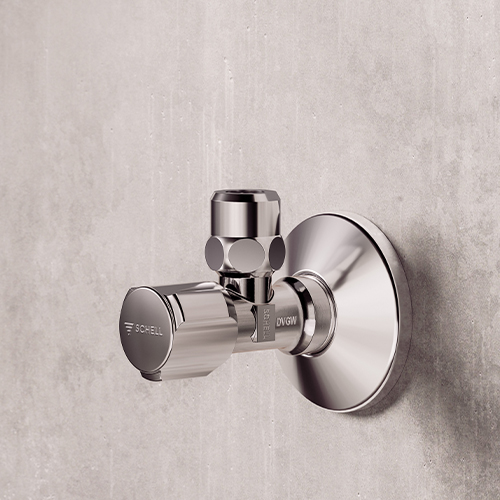
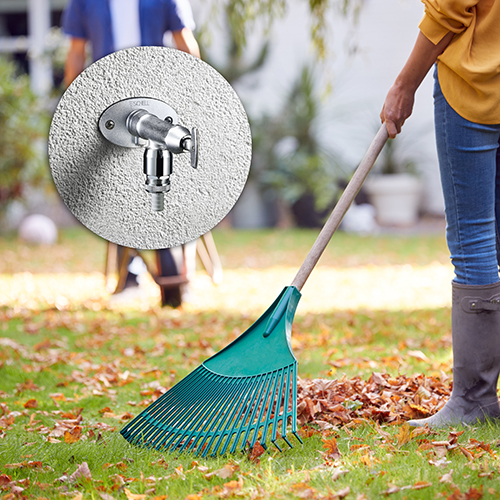
![[Translate to English:] [Translate to English:]](/fileadmin/user_upload/images/menu/menu_service_downloads_broschueren.jpg)
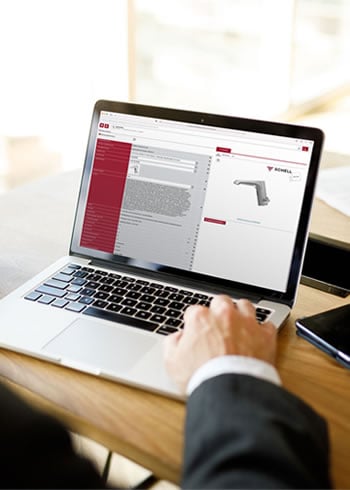



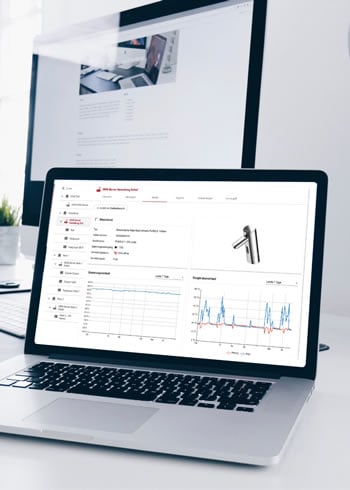
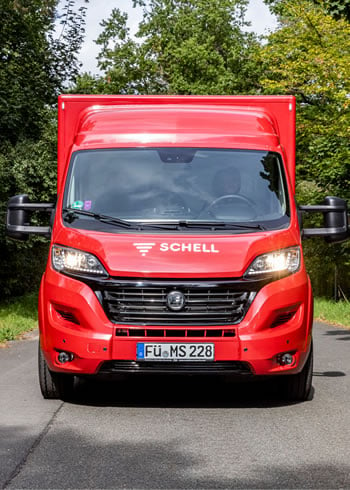
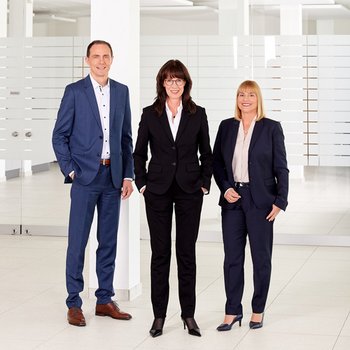
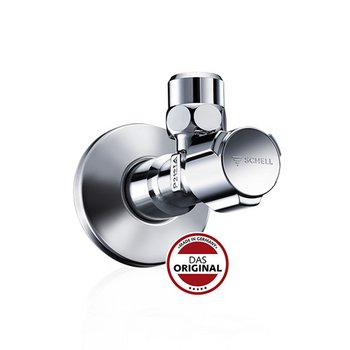
![[Translate to English:] [Translate to English:]](/fileadmin/_processed_/7/7/csm_menu_unternehmen_ueber-schell_awards_f6cec25b1d.jpg)
![[Translate to English:] [Translate to English:]](/fileadmin/_processed_/a/0/csm_menu_unternehmen_ueber-schell_wasser-sparen_41036d2dd9.jpg)


